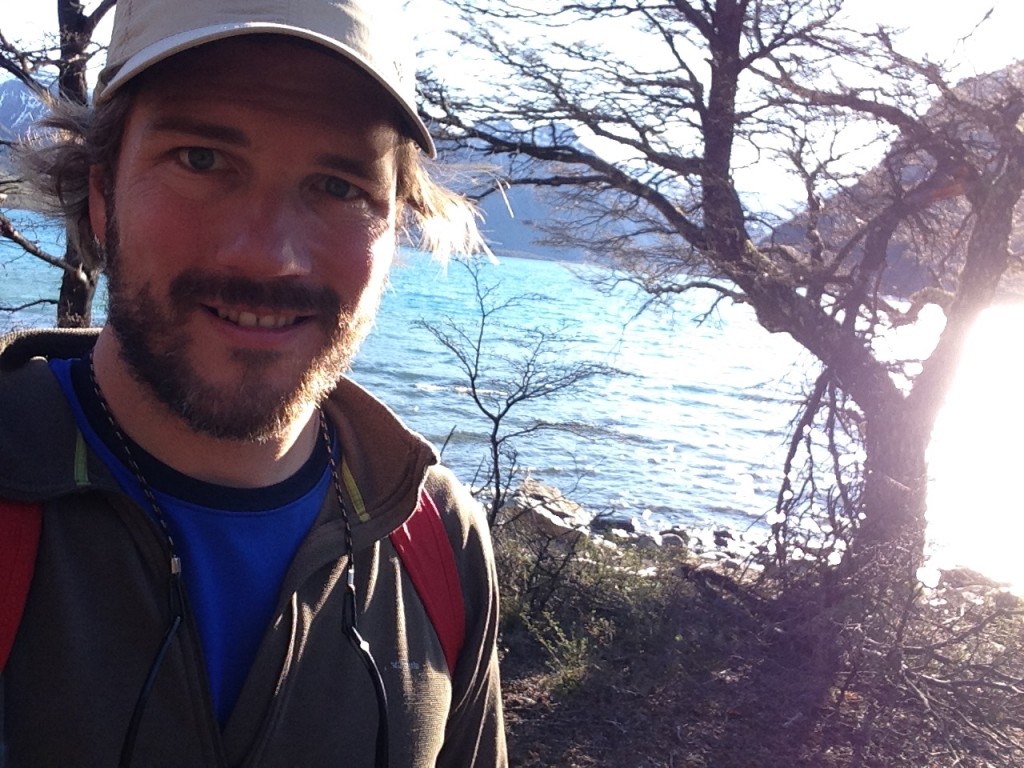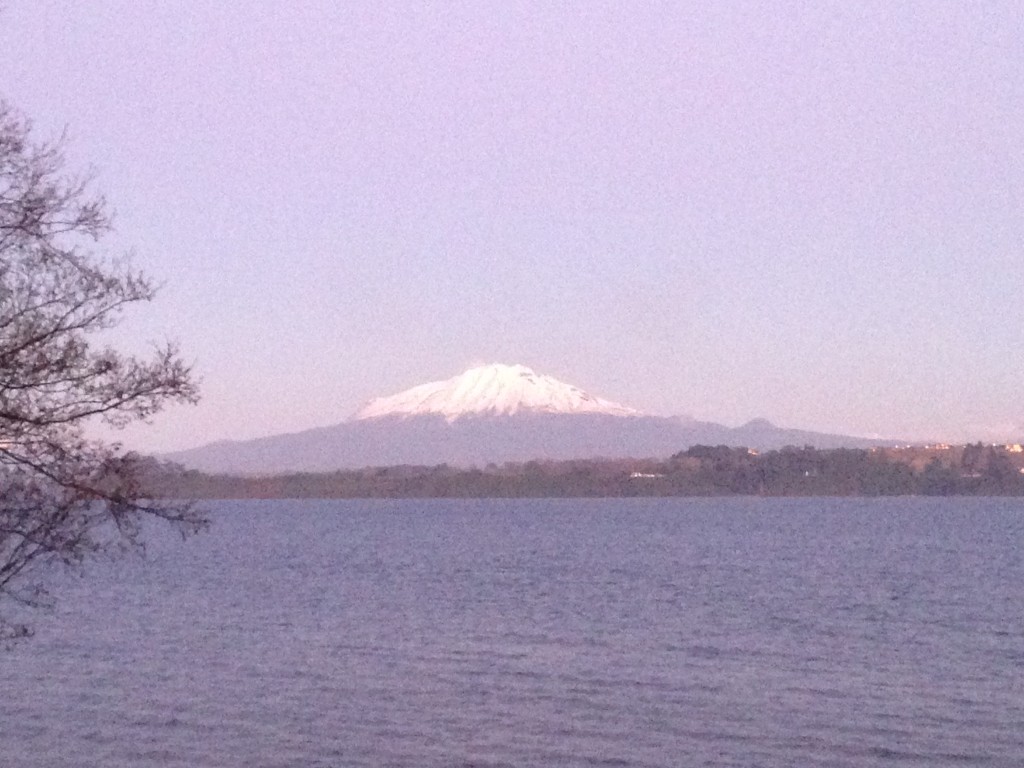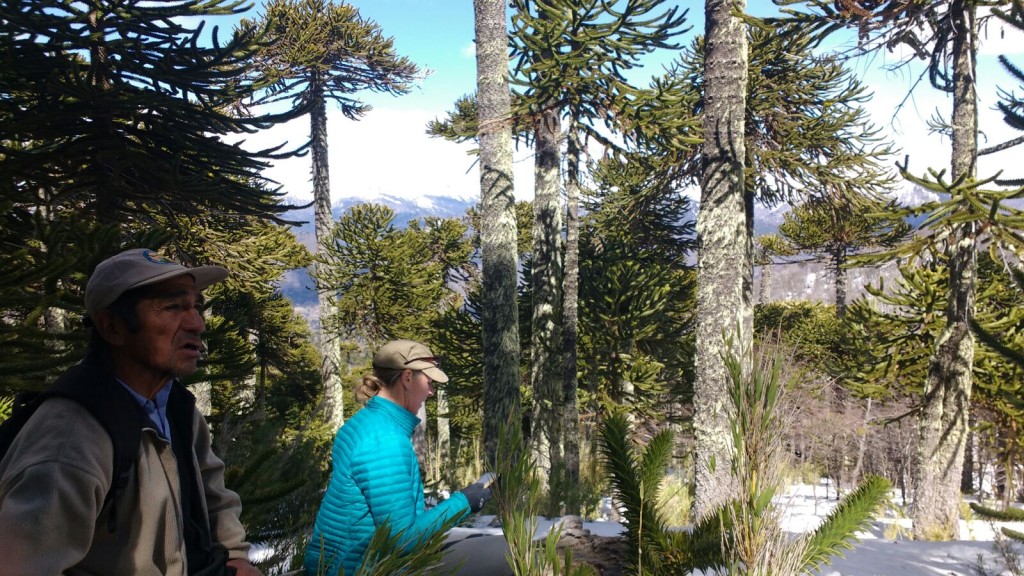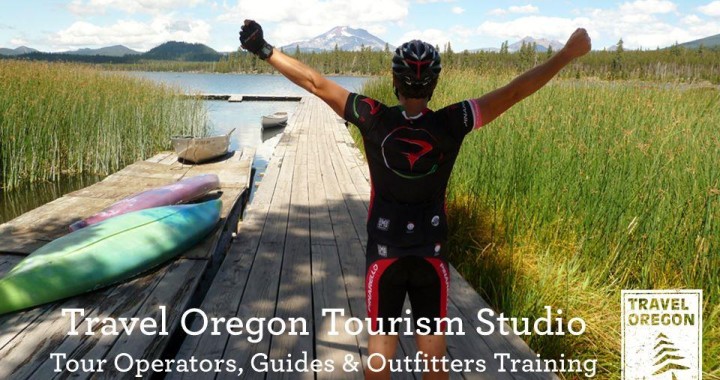By Dan Moore, CEO Pandion Consulting & Facilitation
The Adventure Travel Trade Association, an industry trade group headquartered in Washington State, held its annual Adventure Travel World Summit in Puerto Varas, Chile, October 5-9 2015. This is the organization’s 12th Summit, including the first two which were in Washington State, and was the 8th that I have attended. The sold out summit included over 700 delegates from 55 different countries. Delegates included outbound tour operators such as National Geographic Adventure and REI Adventures, inbound suppliers including Seattle’s own Evergreen Escapes, and some of the best-respected travel media such as Outside Magazine, Travel Weekly, and National Geographic.
The theme for this year’s Summit was “Viva la Revolución de la Aventura”. This theme relates to two aspects of the Adventure Travel industry. One, acknowledging the trend that Adventure Travel is one of the fastest growing sectors of the travel industry (growing from $89 Billion in 2010 to $263 billion in 2013*; 4 and 10 travelers choosing adventure*). And two, the efforts made by this industry to address issues of social and environmental sustainability – big challenges for the travel industry.
Speakers included the President of Chile, Michelle Bachelet, celebrity chef Rodolfo Guzman, Canadian Ambassador Tim Martin, and numerous experts from across the travel industry. Sessions included diverse topics such as risk management, conservation travel, adventure travel product development, big data, and indigenous travel. I delivered a presentation on the recently released Adventure Travel Guide Qualification and Performance Standard. Created by 18 professionals from 15 different countries, this standard gives destinations and companies a resource to meet international standards for guides. In addition to the inspirational and educational programming, the Summit is well known for the world-class networking. There are formal sessions, such as the one-day Marketplace (similar to a tradeshow), and the innovative Media Connect, which gives participants a one-on-one opportunity with the top tier travel media in attendance. Plus the coffee breaks, meals, and afterhours were priceless opportunities to share ideas and swap business cards.
For the destination, the Summit is an enormous opportunity to show of the best they have to offer. Attendees got to experience Chile’s adventure offerings on a multi-day Pre-Summit Adventure in places like Patagonia, Easter Island or the Atacama Desert, and on a Day of Adventure activity in the volcanoes and lakes region surrounding Puerto Varas.
Next year the Adventure Travel World Summit will be in Alaska. It is exciting to have the Summit coming home to the United States after traveling the world for the last 10. This will be a great opportunity for Washington State for many reasons. One, many of the international flights, and even some domestic will fly through Seattle opening up the possibility to host familiarization trips and promotions. Two, many of the outbound operators and media will be those that already work with the Western US and will be good contacts for Washington businesses to make. Three, the proximity to Seattle means Washington State delegates will pay less, and travel less to have access to this summit. Who knows, the Summit might be in Australia or India in 2017! Washington State is a robust and diverse destination. It stands very solidly as an Adventure Travel destination due to our diversity of geography, quality outfitters, and solid travel infrastructure. Attending the Adventure Travel World Summit is a great way to ensure we are on the map globally and able to tap into this growing and lucrative segment of the travel industry.
Links:
More on the Adventure Travel World Summit 2015:
http://www.adventuretravelnews.com/adventure-travel-world-summit-kicks-off-a-revolution-in-chile
Video highlights of the Adventure Travel World Summit 2015:
https://www.youtube.com/watch?v=yG7cj6ciP8c
*Outbound travelers from the Americas and Europe – 2013 Adventure Tourism Market Study – Adventure Travel Trade Association and George Washington University Study






